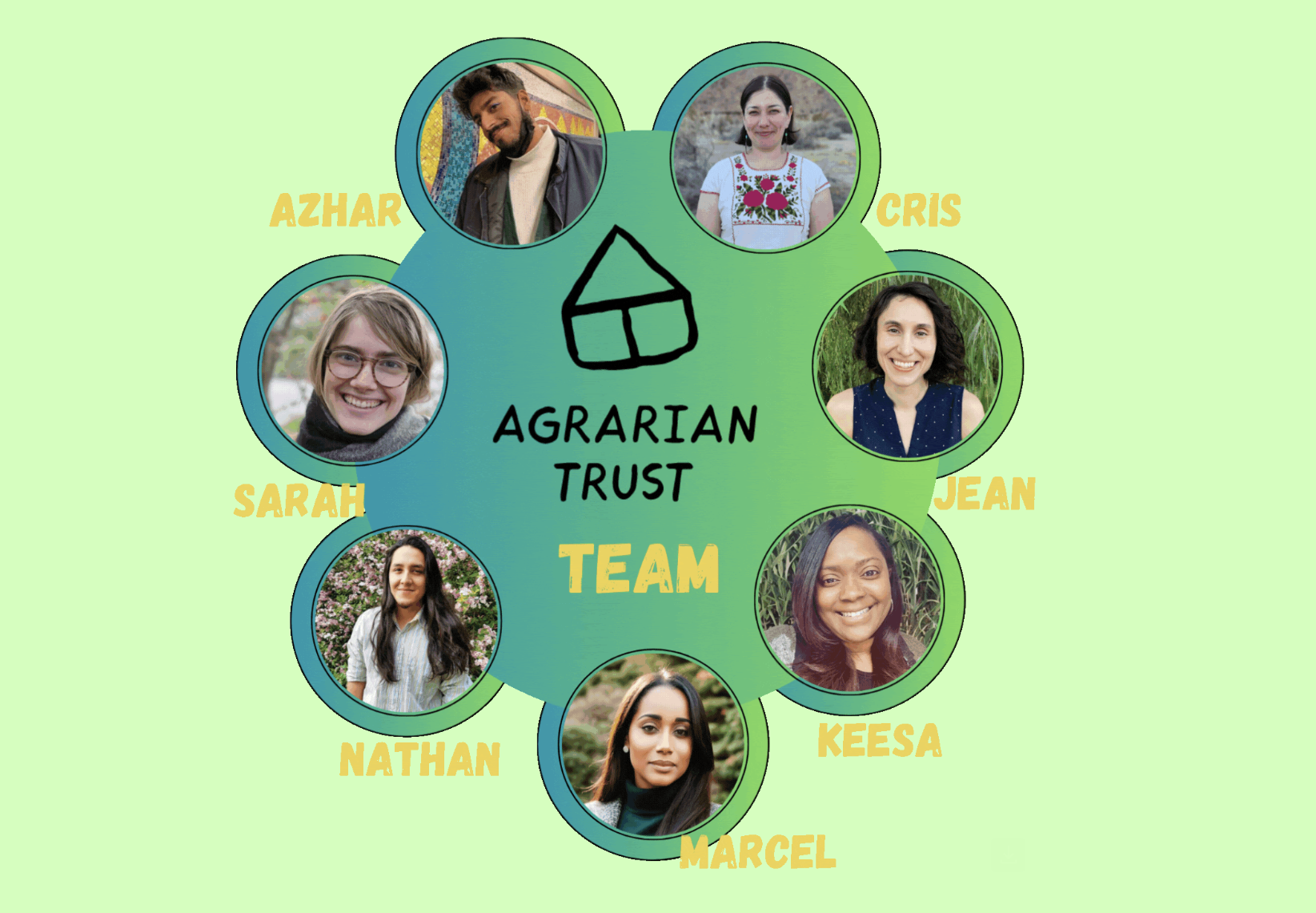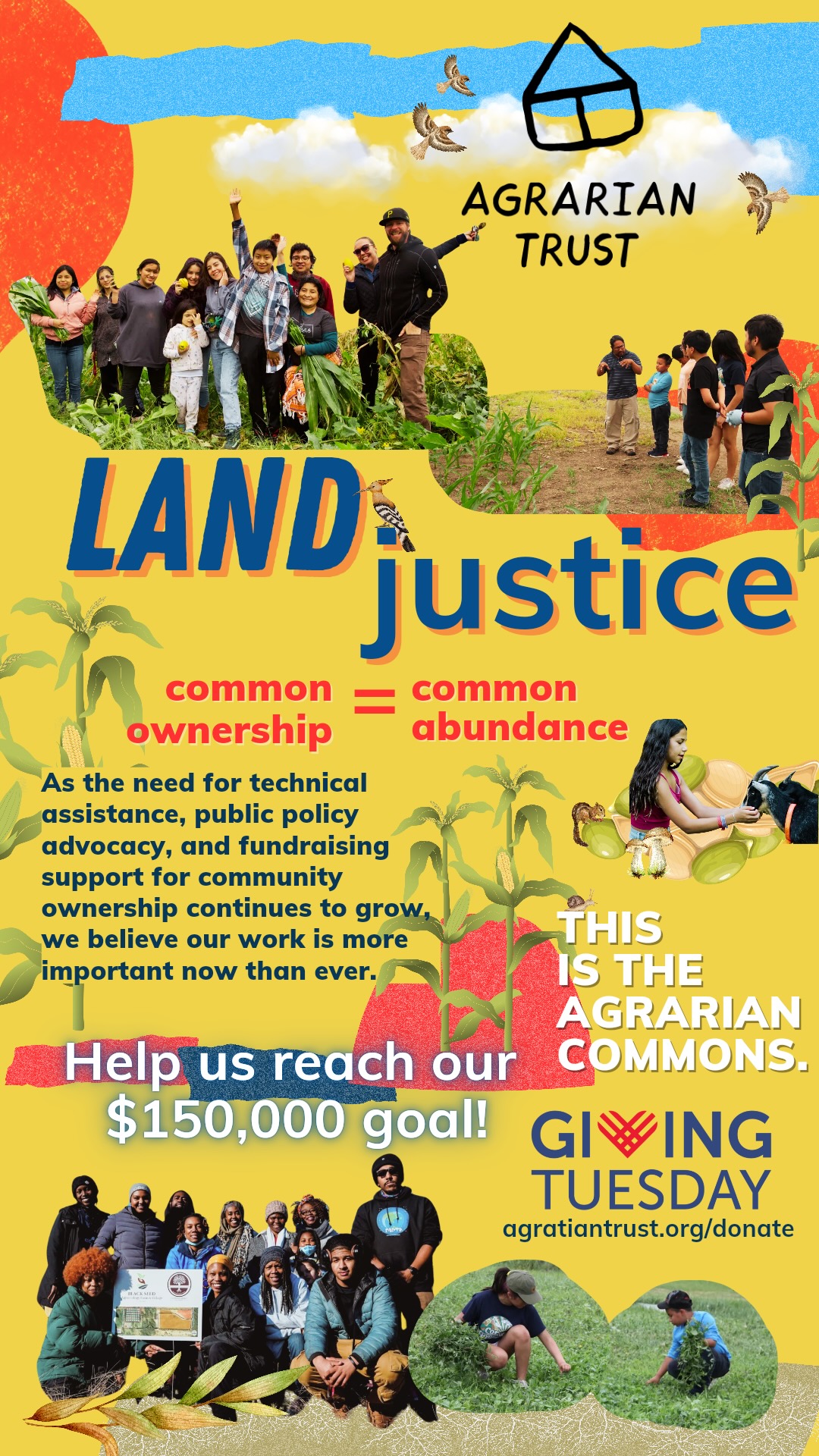Agrarian Trust Partner makes it into this great article about young farmers, by Lauren Markham from Orion Magazine. Here’s an excerpt:
For many of its participants, the movement stems from a sense of social and environmental responsibility. “My decision to become a farmer had to do with my feeling very strongly that farming is a nexus for social, ecological, and political change,” explains Matthew Shapero, owner and operator of Buckeye Ranch, a lamb and garlic operation down the road from Sweet Roots Farm. A dashing 2006 graduate of Columbia University with a BA in Eastern religions, Shapero is equal parts rancher and Brooklyn-hip. Like many of the new farmers, he came of age during a time of economic hardship, climate change, and general disenchantment with business as usual. “Becoming a farmer felt like the most radical vocation I could choose,” he says.
Today’s green movement is considered by some Millennials and Gen Xers to be an equivalent to the Civil Rights struggle—the organizing principal propelling young people into action. Recent decades have seen unprecedented environmental demonstration in Washington, as well as committed political activism from the likes of 350.org, which is staffed almost entirely by Millennials. Yet during this same era, the movement has nevertheless suffered major blows due to legislative decision-making (or lack thereof). As a result, disbelief in government as a driver of meaningful change seems to be growing, as well as turning some young, would-be activists, like Miller and Shapero, toward small-scale farming.
One young farmer, Trish Jenkins, who co-owns and operates Cycle Farm in the Black Hills of South Dakota told me that the connotation of what it means to be an environmentalist is changing. “To me, twenty years ago, it meant people who saved the rainforest,” she said. “But we’re making a difference on our own land. We’re storing food, we’re sequestering carbon, we’re using our bicycles to take our crops to market. People still need to write letters, and lobby, and wear their ‘Save the Whales’ t-shirts. But they need to do the hands-on work, too.”
It helps that on a farm one can see the results of that work every day. As Severine von Tscharner Fleming, a young farmer and activist, explains, “I think for a lot of people, the economy of the farm is comfortable and manageable. It represents a level of complexity that’s compatible with the human spirit and capacity for change.” In addition to growing food, von Tscharner Fleming stewards an almost impossible list of other projects, including Greenhorns, a resource-sharing and networking platform for beginning farmers. “The farm can be a refuge,” she says, a place removed from the tiresome systems of degradation, a chance to reshape the scale and nature of economic and ecological transactions.
Read the whole article HERE!





